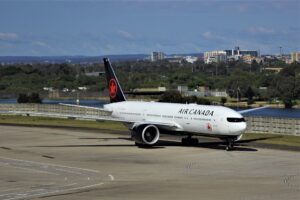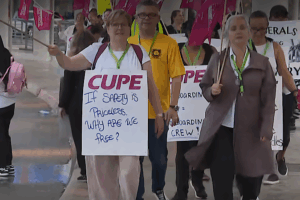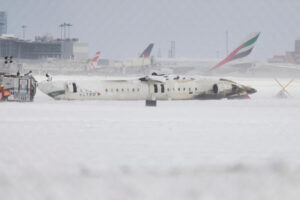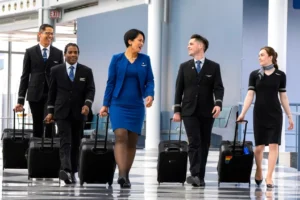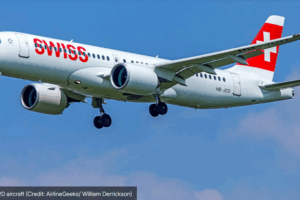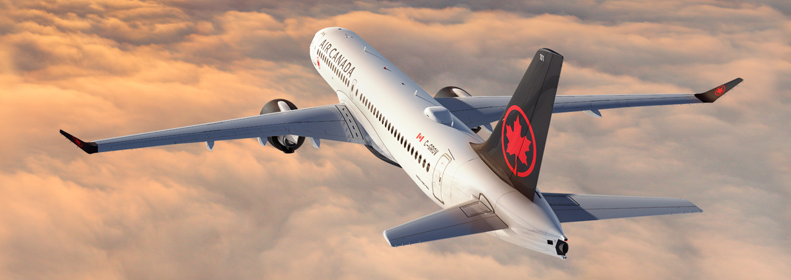
Air Canada has announced the resumption of its flight operations following a government-mandated end to a strike by its cabin crew. The Canadian Industrial Relations Board , under a directive from Jobs Minister Patty Hajdu, ordered all Air Canada and Air Canada Rouge flight attendants to return to work by 2 p.m. ET on Sunday. This intervention aims to restore normalcy after the strike led to the suspension of approximately 700 daily flights, affecting over 100,000 passengers.
The strike, initiated on Saturday, marked the first walkout by Air Canada's cabin crew since 1985. The labor dispute centered on stalled contract negotiations, particularly concerning compensation for unpaid work, such as time spent on the ground and during boarding. The union representing the flight attendants, the Canadian Union of Public Employees , rejected Air Canada's offer of a 38% pay increase over four years, citing it as insufficient given inflation pressures.
In response to the strike, the Canadian government intervened by seeking binding arbitration through the CIRB. Minister Hajdu justified this move by highlighting the economic risks posed by the ongoing labor action, especially amid recent U.S. tariffs on Canadian goods. The existing collective agreement will remain in effect until an arbitrator finalizes a new one.
Air Canada has committed to providing refunds and rebooking options for affected passengers. However, due to the peak summer travel season, alternative flights may be limited. The airline anticipates that it will take several days for operations to return to normal, with some flight cancellations expected over the next 7-10 days as the schedule stabilizes.
The government's intervention has sparked debate. While it aims to mitigate economic disruptions, the CUPE has criticized the move, arguing that it undermines the right to strike and the bargaining power of unions. The union continues to advocate for a negotiated settlement, emphasizing the need for fair compensation and working conditions for flight attendants.


